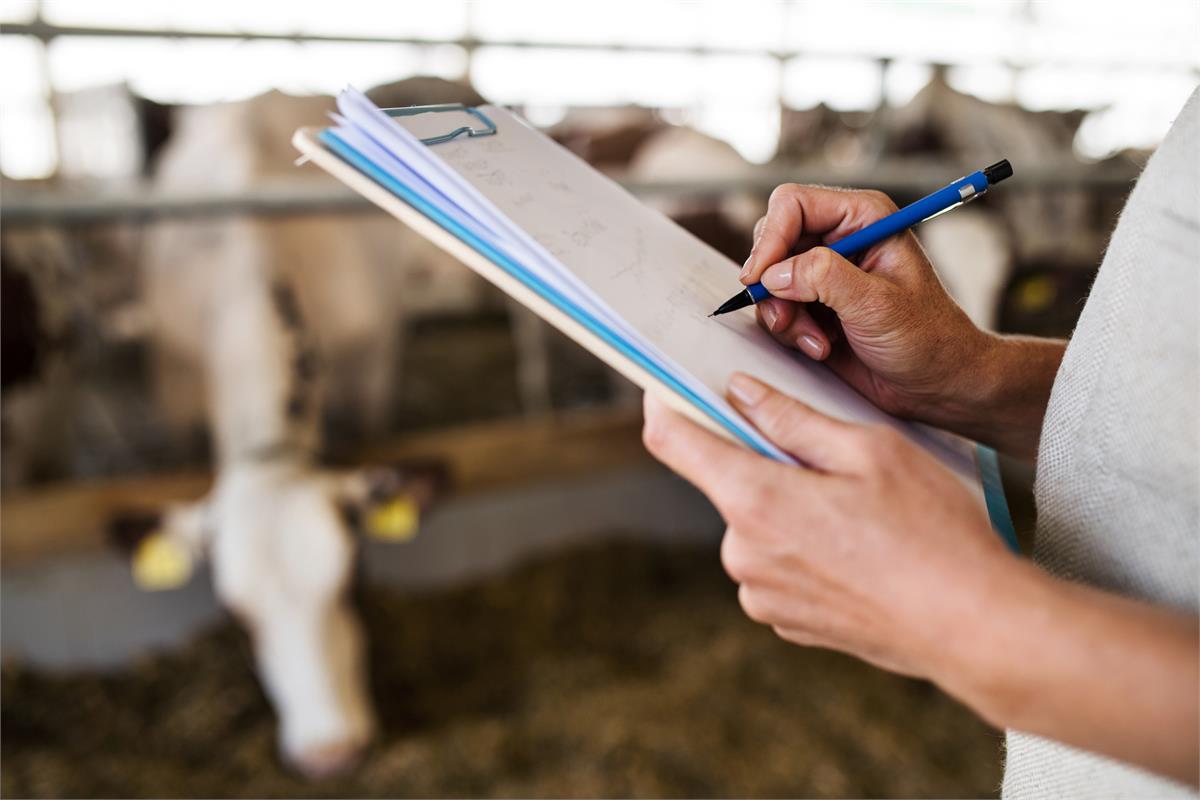
Many professions have some form of quality control, and appraising is no different. Appraisal reports, like the products of any other industry, sometimes require extra due diligence in order to boost client confidence, or to ensure compliance with government regulations and requirements. That’s when review appraisers step in to offer their services. A review appraiser ensures that the right data was selected and reviewed in the original valuation, and assesses the underlying methods and analysis to ensure that the conclusion follows logically from the information included in the report.
With the additional complexities commonly found in rural properties, the need for qualified review appraisers becomes increasingly important. The ASFMRA’s Real Property Review Appraiser designation remains the best way to identify review appraisers with the specialized knowledge and experience necessary to accurately assess rural property appraisals.
If you’re an appraiser or a trainee, you may still be wondering why it’s advantageous to acquire the RPRA accreditation. Here are three reasons why even the most experienced Accredited Rural Appraisers should add this designation:
1. Improved career opportunities
The most straightforward benefit of becoming an accredited review appraiser is the fact that you’re expanding the number of positions that you’re qualified for.
“The designation has allowed me to advance in the profession and opened doors in my career,” says Chris Greenwalt, ARA, RPRA, who worked as a Senior Appraiser for the USDA after obtaining his accreditation.
You may not need to be accredited to begin reviewing appraisals, but having your RPRA will give you the upper hand when it comes to landing new clients or a new position. For both clients and employers, having your accreditation signals a willingness to go above and beyond to learn how to review appraisals correctly.
“Obtaining this designation gives management more confidence in my ability, since I have been formally trained and passed a rigorous examination,” says Bessie Richmond, ARA, RPRA.
Richmond pursued her RPRA not just to advance her career in the near term; she’s also thinking about the possible benefits later in life.
“My employer hires an outside appraiser to come in and do an external review of our department once a year,” she explained. “I’m hoping that when I reach retirement age, my RPRA designation will open up a similar opportunity for me to work ‘part time’ and help other, younger appraisers.”
2. Improve your confidence and add legitimacy to your reviews
When judging an appraisal report, confidence matters. Being self-assured in your abilities as a reviewer will make your clients more confident in your judgements.
“I’m a big supporter of appraisers obtaining the highest level of education and credentials, knowing that it adds significant credibility,” says Paul Moore, ARA, RPRA, and former President of the ASFMRA.
As Moore’s career progressed and he began working on increasingly technical reviews made by seasoned appraisers, he realized that accreditation can also help when disagreements arise between reviewer and appraiser.
“Once I held the RPRA designation, fewer appraisers challenged my decisions on the acceptability and quality of their appraisal reports,” he explained. “[That credibility] allowed me to build a large base of clientele that needed their appraisal reports reviewed.”
3. You’ll become a better appraiser
Continuing your education by pursuing your RPRA will broaden your understanding of what makes an appraisal work or not.
As Robin Nesburg, ARA, RPRA, tells it, “By taking the required review appraiser courses, I have become not only a better reviewer, but my appraisal skills have been enhanced to another level.” Nesburg’s employer, Rabo AgriFinance, “encourages staff to obtain the RPRA designation, to obtain a better work product.”
Finally, there’s value to be found in the sheer volume and diversity of appraisals you’ll work on as a review appraiser. Real Property Review Appraisers have the opportunity to see problem solving approaches used by other appraisers, some of which may be applied to future appraisals of their own.
“As a reviewer, I’ve seen appraisal reports from thousands of other appraisers,” says Moore, who finds value in mentoring younger appraisers. “When training others, it’s significant to prepare them not only to do appraisal reports, but also to look for what other appraisers might do differently, which may be acceptable as well.”